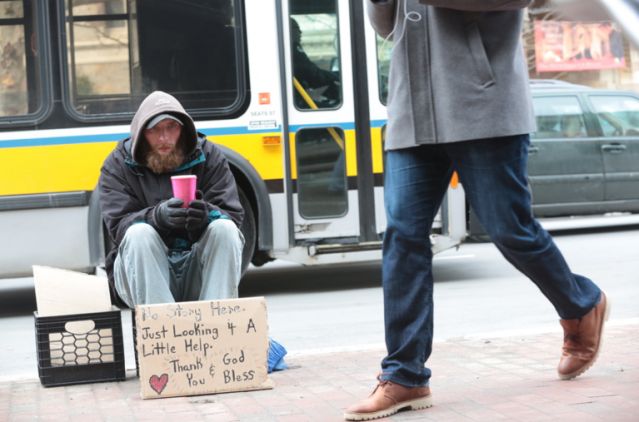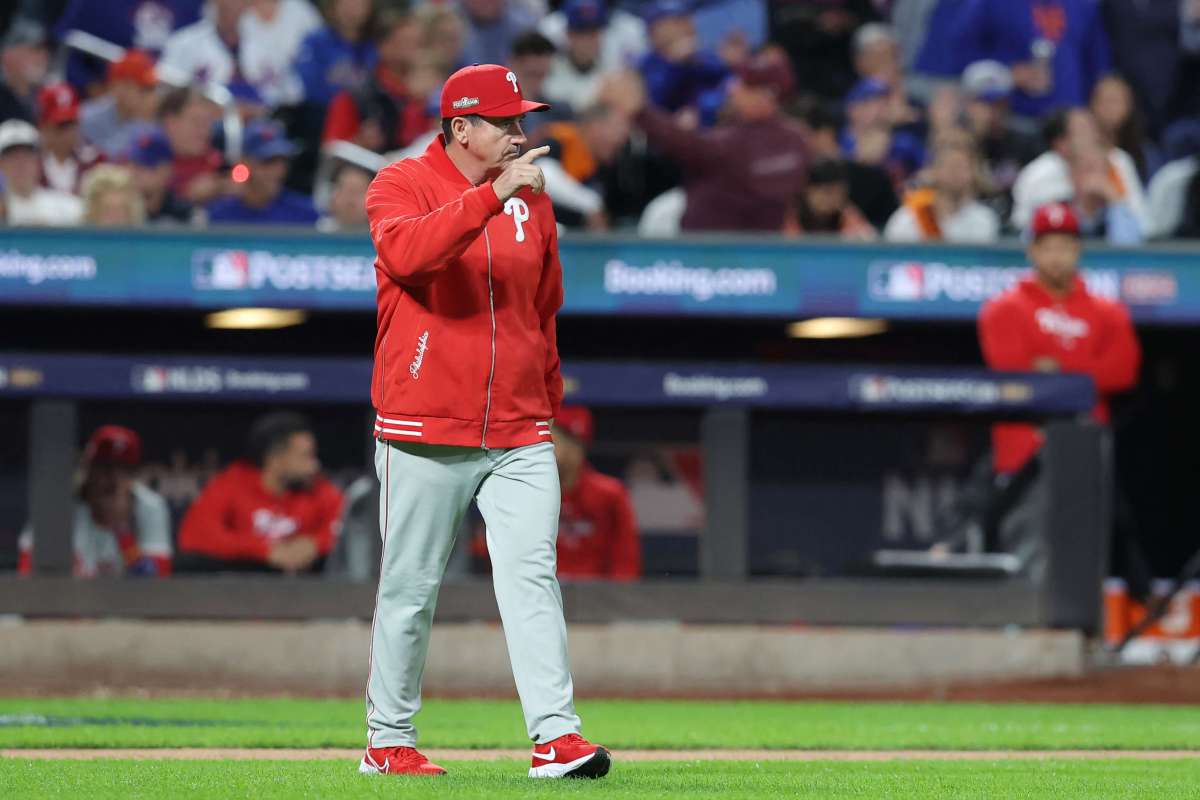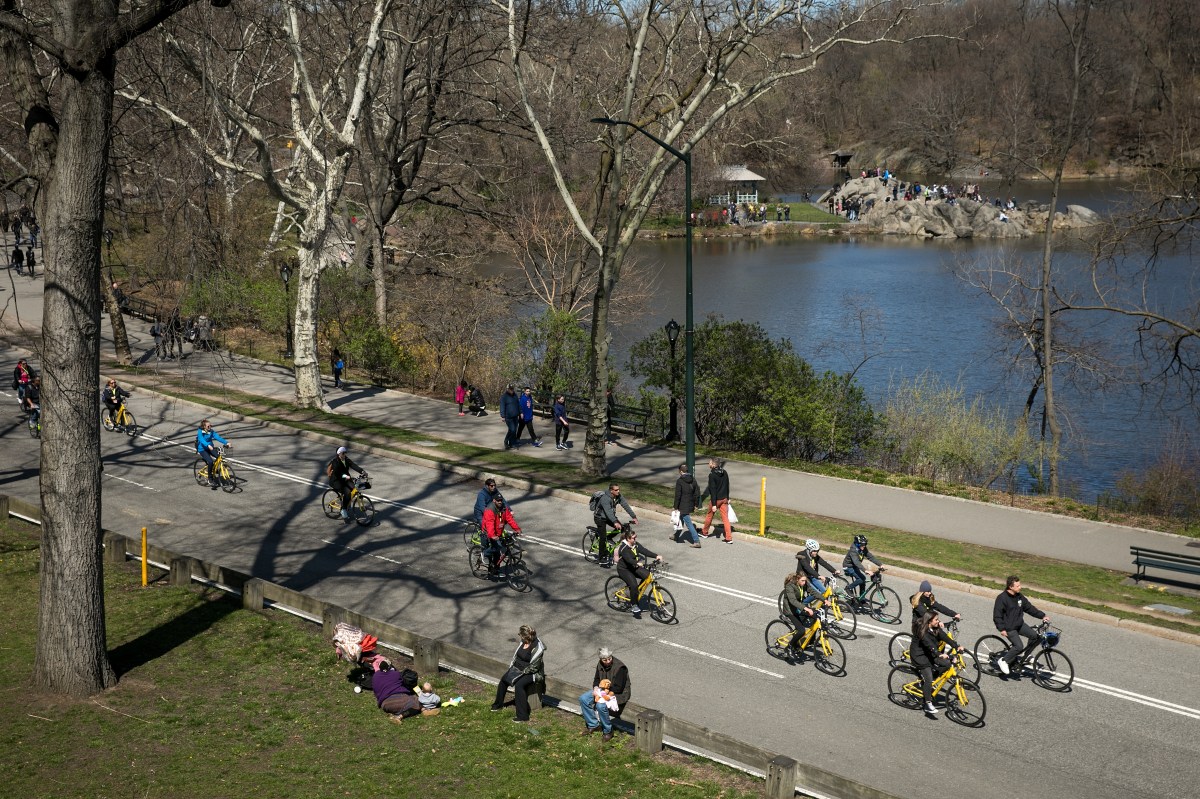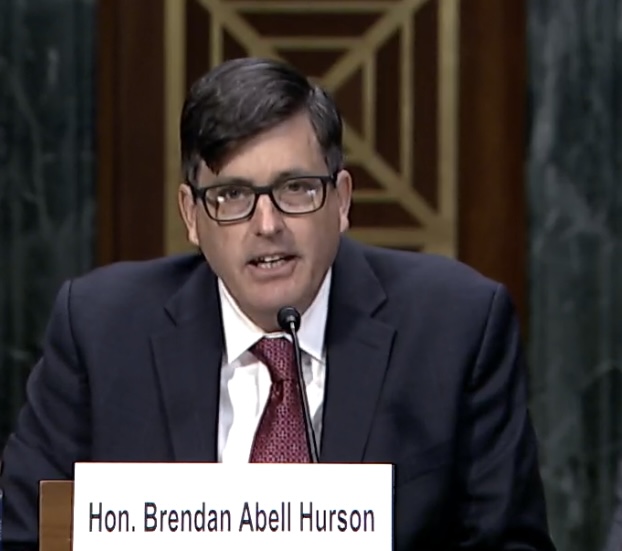The city of Boston was awarded this week more than $26 million in federal funding from the U.S. Department of Housing and Urban Development to focus on aiding the homeless.
In 2015, Mayor Marty Walsh launched an action plan to end chronic and veteran homelessness by 2018, and in October of last year, he specifically launched efforts to prevent and end youth homelessness in the city.
Massachusetts overall received more than $73 million in federal grants from the Department of Housing (HUD).
This funding is part of more than $2 billion in grants awarded by HUD to more than 7,300 homeless assistance programs across the country through the department’s annual McKinney Homeless Continuum of Care competition.
“Having weathered record-breaking cold weather these past few weeks, we are reminded just how critical these funds are to our work on the issue of homelessness,” Walsh said in a statement. “We have made significant progress in so many areas, but our work is not done. These funds from HUD are critical to continuing this work, and I want to thank HUD and the entire Massachusetts delegation for their continued support on this issue.”
The HUD funding will benefit programs that support Boston’s Way Home, the city’s chronic and veteran-focused homelessness plan. To date, that program has housed nearly 1,300 formerly homeless individuals, according to the city.
Earlier in January, Walsh launched the Boston’s Way Home Fund, which aims to raise more than $10 million over four years in order to create 200 new long-term housing units for the chronically homeless.
Pine Street Inn, Bridge Over Troubled Waters, Casa Myrna, St. Francis House, the New England Center and Home for Veterans and more are among the Boston organizations funded.
“This funding is critical to local Massachusetts programs that are on the front lines of helping those who might otherwise be living on our streets,” said David Tille, HUD New England regional administrator, in a statement. “Investments in these programs that find a stable home for our homeless neighbors not only saves money but quite literally saves lives.”


























